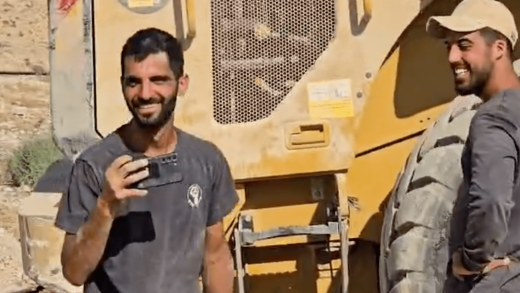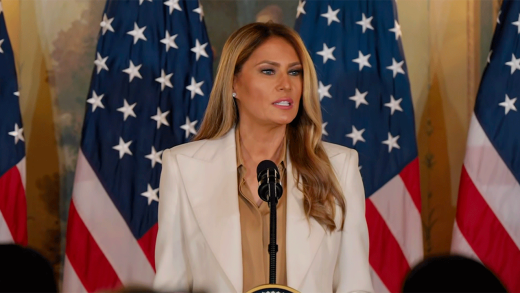US special envoy Steve Witkoff and US President Donald Trump’s son-in-law Jared Kushner will join Gaza peace plan talks between Israeli and Hamas negotiators in Egypt on Wednesday.
Their arrival comes as a second day of indirect talks on Tuesday ended without tangible results, a senior Palestinian official familiar with the negotiations told the BBC.
Trump struck a positive tone on Tuesday, as Israel marked the second anniversary of the 7 October Hamas attacks, saying “there’s a possibility that we could have peace in the Middle East”.
Israeli Prime Minister Benjamin Netanyahu did not comment on the status of the talks, but told Israelis they were in “fateful days of decision”.
In a post on X, Netanyahu added that Israel would continue to act to achieve its war aims: “The return of all the kidnapped, the elimination of the Hamas regime and the promise that Gaza will no longer pose a threat to Israel”.
Witkoff and Kushner were expected to depart the US on Tuesday evening and arrive in Egypt on Wednesday, a source familiar with the talks told the BBC.
Qatar’s prime minister Sheikh Mohammed bin Abdul Rahman Al Thani, seen as a key mediator, will also join the talks, an official told the Reuters news agency.
Al Thani’s attendance was aimed at “pushing forward the Gaza ceasefire plan and hostage release agreement”, the official said.
Qatar’s foreign minister and the head of Turkish intelligence are expected to join him.
A senior Palestinian official familiar with the negotiations told the BBC that an evening round of indirect talks on Tuesday began at 19:00 local time (16:00 GMT).
The official said the morning session ended without tangible results, amid disagreements over the proposed Israeli withdrawal maps from Gaza and over guarantees Hamas wants to ensure Israel does not resume fighting after the first phase of the deal.
He added that the talks were “tough and have yet to produce any real breakthrough,” but noted that mediators were working hard to narrow the gaps between the two sides.
Trump addressed concerns on Tuesday, telling reporters that “we’re going to do everything possible to make sure everybody adheres to the deal”.
Earlier, a Palestinian official said the negotiations were focused on five key issues: a permanent ceasefire; the exchange of the hostages still held by Hamas for Palestinian prisoners and detainees from Gaza; the withdrawal of Israeli forces from Gaza; arrangements for humanitarian aid deliveries; and post-war governance of the territory.
Chief Hamas negotiator Khalil al-Hayya, whom Israel targeted last month in a series of strikes on Qatar’s capital, told Egyptian state-affiliated Al Qahera News TV the group had come “to engage in serious and responsible negotiations,” according to the Reuters news agency.
Al-Hayya said Hamas was ready to reach a deal, but it needed “guarantees” that the war would end and not restart.
Senior Hamas official Fawzi Barhoum said the group’s negotiators were working to remove “all obstacles to an agreement that meets the aspirations of our people”.
Trump said the prospects for peace were “something even beyond the Gaza situation”, adding that “we want the release of the hostages immediately”.
Speaking on the anniversary of the 7 October attacks, the single deadliest day for Jews since the Holocaust, UN Secretary General António Guterres called on all parties to agree to Trump’s peace plan, describing it as a “historic opportunity” to “bring this tragic conflict to an end”.
Opinion polls now consistently show that around 70% of Israelis want the war to end in exchange for the release of the hostages.
The Israeli military launched a campaign in Gaza in response to the Hamas-led attack on southern Israel on 7 October 2023, in which about 1,200 people were killed and 251 others were taken hostage.
At least 67,160 have been killed by Israeli military operations in Gaza since then, including 18,000 children, according to the territory’s Hamas-run health ministry. Its figures are seen as reliable by the UN and other international bodies.
In August, the Integrated Food Security Phase Classification (IPC), a UN-backed body, said that more than half a million people across Gaza were facing “catastrophic” conditions characterised by “starvation, destitution and death”.
Netanyahu has repeatedly denied starvation is taking place in Gaza.
A United Nations commission of inquiry found Israel had committed genocide against Palestinians in Gaza, in a report Israel’s foreign ministry categorically rejected as “distorted and false”.


